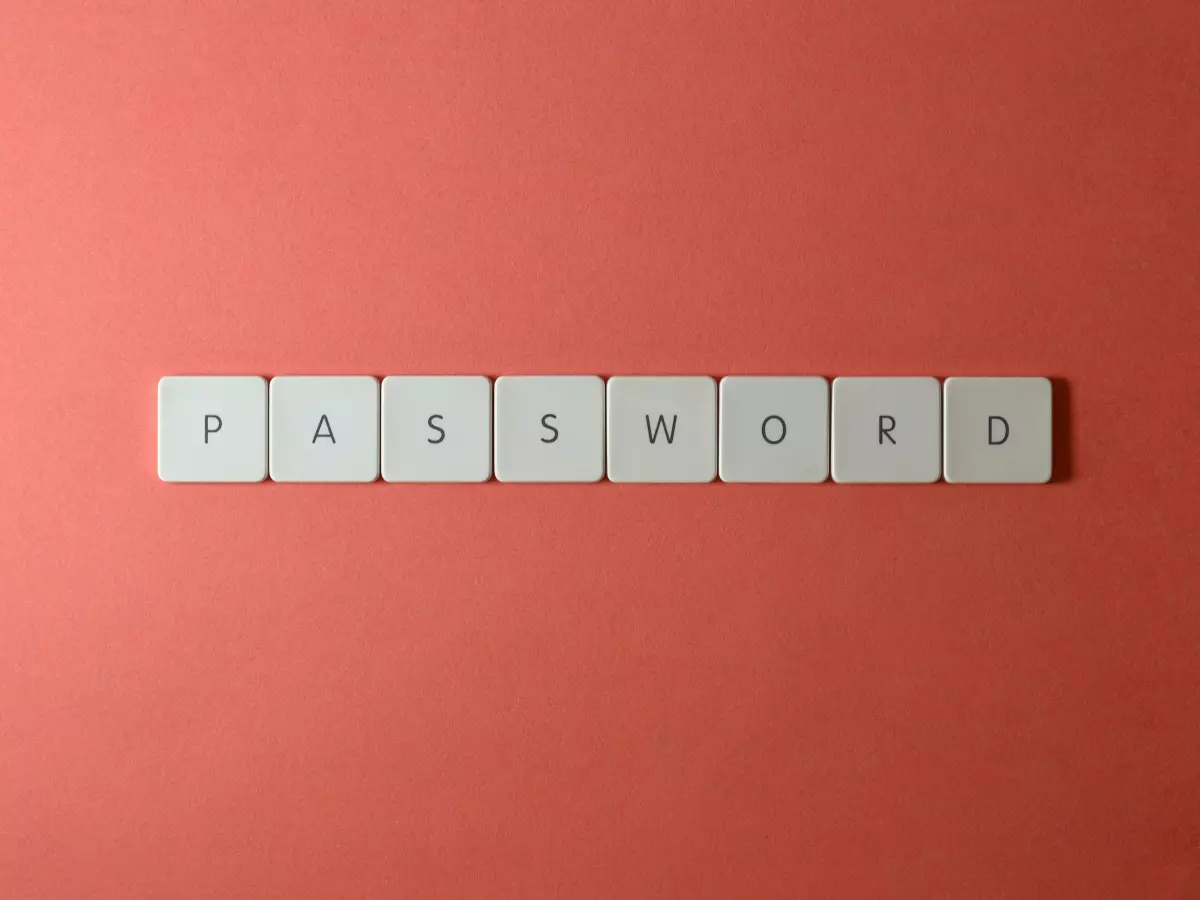Privacy in Blockchain
You're about to send some crypto, but you pause. Do you really want the entire world to see your transaction? The thought of your financial history being laid bare on the blockchain is unsettling, isn't it?

By Nina Schmidt
Welcome to the world of blockchain privacy protocols. While blockchain technology is often praised for its transparency, this very feature can be a double-edged sword. Every transaction is recorded on a public ledger, meaning anyone with the right tools can trace your financial activities. Not exactly ideal if you're looking for privacy, right?
But don't worry, blockchain privacy protocols have your back. These protocols are designed to shield your identity and transaction details from prying eyes, ensuring that your crypto dealings remain confidential. So, how do they work? And why should you care? Let's dive into the tech behind these privacy solutions and explore how they protect your digital assets.
Why Privacy Matters in Crypto
First, let's talk about why privacy is such a big deal in the crypto world. Unlike traditional banking systems, where your financial information is kept behind closed doors, blockchain is an open book. Every transaction is visible to anyone who cares to look. While this transparency is great for accountability, it can also expose sensitive information, such as your wallet balance or transaction history.
Imagine if every time you bought something, your entire financial history was available for the seller to see. Creepy, right? That's where privacy protocols come in. They help you keep your financial life private while still benefiting from the security and decentralization of blockchain technology.
Zero-Knowledge Proofs: The Magic Behind Privacy
One of the most exciting technologies used in blockchain privacy protocols is zero-knowledge proofs (ZKPs). These cryptographic techniques allow you to prove that a transaction is valid without revealing any details about it. In other words, you can prove that you have enough funds to make a transaction without showing your wallet balance or transaction history.
Think of it like this: You walk into a club, and instead of showing your ID with all your personal information, you just prove that you're over 21. The bouncer doesn't need to know your exact age, just that you're old enough to get in. That's essentially what ZKPs do for blockchain transactions.
By using ZKPs, blockchain privacy protocols can ensure that your transactions are verified without exposing any sensitive information. It's like having your cake and eating it too—privacy and security in one neat package.
Mixers and Tumblers: Scrambling Your Transactions
Another popular method for enhancing privacy in blockchain transactions is the use of mixers or tumblers. These services take your crypto and mix it with other users' funds, making it nearly impossible to trace the original source of the transaction.
Imagine you're at a party, and everyone throws their keys into a bowl. After a while, you grab a random set of keys from the bowl. Now, no one knows whose keys belong to whom. That's essentially how mixers work. By scrambling your transaction with others, they make it much harder for anyone to trace your financial activities.
However, mixers aren't without their downsides. They can be expensive, and some jurisdictions have started cracking down on their use due to concerns about money laundering. Still, for those who value privacy above all else, mixers remain a popular option.
Ring Signatures: Hiding in Plain Sight
Ring signatures are another fascinating technology used in blockchain privacy protocols. They allow you to sign a transaction on behalf of a group, making it impossible to tell which member of the group actually made the transaction.
Think of it like signing a petition. When you add your name to the list, no one knows if you're the one who started the petition or just a supporter. In the same way, ring signatures allow you to hide your identity within a group of users, making it difficult for anyone to trace the transaction back to you.
This technique is particularly popular in privacy-focused cryptocurrencies like Monero, which uses ring signatures to ensure that transactions remain anonymous.
Stealth Addresses: Keeping Your Identity Safe
Stealth addresses are another powerful tool in the blockchain privacy toolkit. These addresses allow you to receive payments without revealing your public address. Instead, a unique, one-time address is generated for each transaction, making it nearly impossible to link multiple transactions to the same user.
It's like having a P.O. box that changes every time you receive a letter. No one can trace your mail back to your home address because the address keeps changing. Stealth addresses provide a similar level of privacy for blockchain transactions, ensuring that your identity remains safe even as you receive payments.
The Future of Blockchain Privacy
As blockchain technology continues to evolve, so too will the privacy protocols that protect your crypto. From zero-knowledge proofs to stealth addresses, these technologies are constantly being refined to offer even greater levels of security and anonymity.
But as with any technology, there are trade-offs. Increased privacy can sometimes come at the cost of scalability or regulatory compliance. As governments around the world begin to crack down on anonymous transactions, the future of blockchain privacy remains uncertain.
Still, one thing is clear: privacy will continue to be a top priority for many crypto users. Whether you're a casual investor or a hardcore privacy advocate, understanding how these protocols work is key to keeping your digital assets safe.
So the next time you're about to send some crypto, take a moment to consider your privacy. With the right tools and protocols, you can keep your financial life under wraps—just the way it should be.





